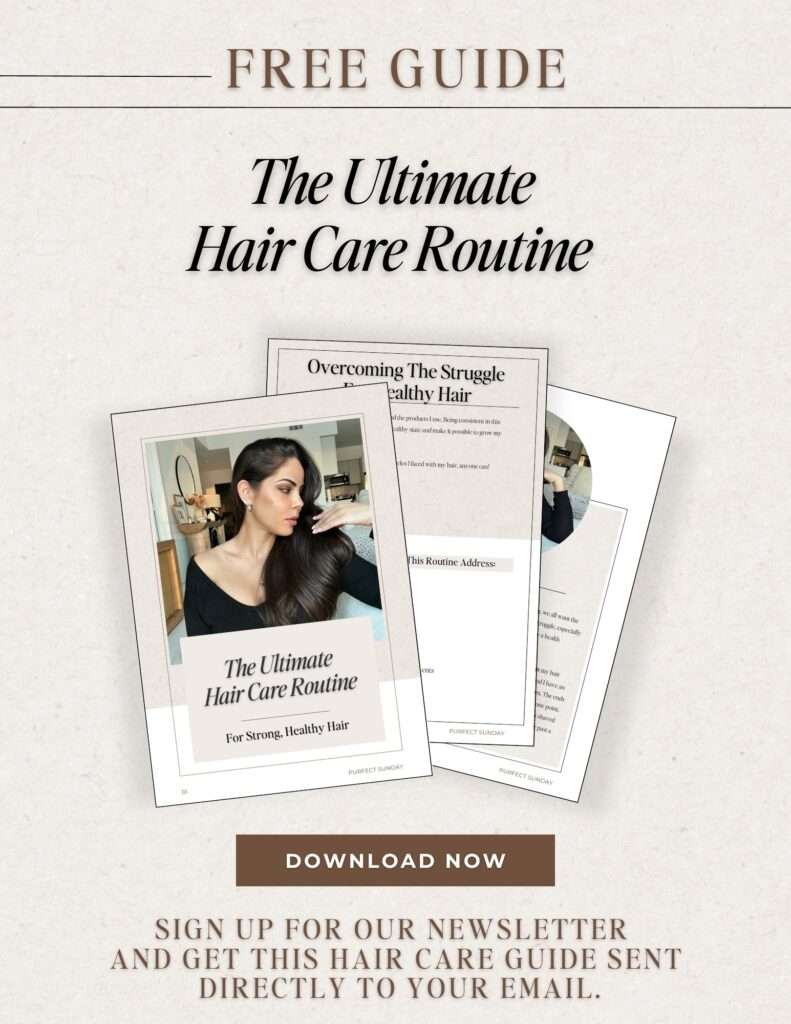
How To Stop Impulse Buying- Strategies That Work
Did you know that since the start of 2020, the amount of money spent on impulse shopping rose by 18%? For the average shopper, those impulse purchases add up to over $5,400 a year. And for most people, myself included, that’s a big problem. If you want to stay on top of your financial goals, learning to take control of your spending habits is crucial. The first step to overcoming impulse spending is knowing exactly what it is. And then identifying what emotions are influencing your spending habits.
Impulse buying is the unplanned decision to purchase products and services on the spur of the moment. These types of purchases are driven by emotions and feelings rather than any logic or planning. Some of the emotions that can lead to buying on impulse are, stress, anxiety, boredom, anger, FOMO (fear of missing out), and sadness. And really that makes perfect sense. Even though we know that impulsively spending money is wreaking havoc on personal financial goals, we continue to do it anyways. Why? Because buying something releases the chemical dopamine in our brains, giving us a natural high. Retail therapy anyone? However, that dopamine rush and the happy feelings that accompany it don’t last very long. Those happy emotions from your new purchase are often times replaced with feelings of guilt and remorse.
So, read on for strategies that have helped me, and can help you stop impulse shopping and break bad spending habits.
How To Stop Impulse Buying
Commit To A Monthly Budget
Making a monthly budget and then sticking to it should be one of your top goals when it comes to getting spending under control. First, you figure out how much money needs to be put aside for essentials, debt repayment, life goals, and emergency savings. Afterward, you can add the money left over to your personal spending and entertainment fund.
Always Shop With A List
Writing out a list before stepping into the store is an extra step of accountability to hold yourself to. If it’s not on the list, then it doesn’t belong in the cart. Plus checking off all the items on your list will give you a rewarding sense of accomplishment. Even if you don’t write out a list, have a plan of exactly what you’re going into the store to buy. Otherwise, the chances of picking up random things to purchase are much greater if you’re just wandering through the store.
Take Inventory Of What You Already Own
Before you make a purchase, take inventory of what you already own. Take a few moments to think about if you already have an item similar to what you’re about to buy. Chances are you do. And realizing that you don’t need another t-shirt can help stop you from making an unnecessary purchase.
Wait 24 Hours Before Making Any Unplanned Purchases
When shopping online or in a retail store you’re bound to come across something that catches your eye. When this happens wait 24 hours before making your purchase. During this waiting period, the emotional state that might be driving that impulse can pass. Once you have a clear head you can decide if you really want or need that item. Sometimes the answer will still be yes. If so, look over your budget and see if anything can be worked out, so that making an extra purchase won’t exceed the monthly budget you set for yourself.
I’ve personally found that waiting 24 hours before purchasing something has been one of the most useful strategies for me. Especially when I shop online. Also, the larger the cost of an item, the longer I extend the waiting period.
Don’t Buy Non-returnable Items
One good thing about shopping is the majority of the time you can return whatever you bought. And for that reason, you should avoid impulse buys that are final sale or non-returnable at all costs. Even if you already had a plan to buy something still be careful. If for any reason you decide that you don’t actually want the product you purchased, you’ll be stuck with it anyway.

Unsubscribe From Promotional Emails
Brands have plenty of marketing tricks to lure you back into their stores or onto their websites. And email marketing is a big one. Shopping may be the last thing on your mind until you check your mail that is. With so many promises of amazing deals and brand new items, it’s hard to resist the temptation to go look at what the site has to offer. Anytime you find a promotional email in your inbox, it’s best to quickly unsubscribe from it.
Read Online Reviews Before Buying
It’s a good idea to always check for product reviews before adding something to your cart. Doing so, especially when it comes to online shopping can let you know if the product is even worth it.
Stop Emotional Shopping
A good rule to establish is to avoid shopping and don’t buy anything when you’re emotional. I think most of us can say we’ve gone shopping to cheer ourselves up when having a bad day. But spending money, and buying on impulse also happens when you’re in a really good mood too. That little voice that tells you to “treat yourself” is most likely to pop up anytime emotions are high.
Watch Out For Social Media
You may just want to log into one of your social apps to see what friends and family are up to. But most of the time, without even entirely realizing it, you’re exposed to an incredible amount of product placements and ads. If you’re on social media and find yourself falling into a comparison trap take measures to reduce that. I’m not saying you have to delete all your accounts, but consider unfollowing people that bring up feelings of inadequacy. As well as favorite brands that really tempt you into more shopping.
Keep Sight Of Financial Goals
It’s important to always keep sight of long-term financial goals. The extra little purchase that are made each month add up over time and can have a big negative impact on those goals. Whether your goals are to pay off all your credit cards, buy a house, pay off your mortgage, or retire early, I promise if you stop impulse shopping, those goals will be reached so much sooner. One easy thing I think is helpful, is to write down a list of all your financial goals and place it in a place where you’ll see it daily. You can even break down bigger long-term goals into smaller short-term goals. Reaching small goals feels good and can help to keep you motivated to reach the bigger goals.
Xx Monti
Shop the Post


